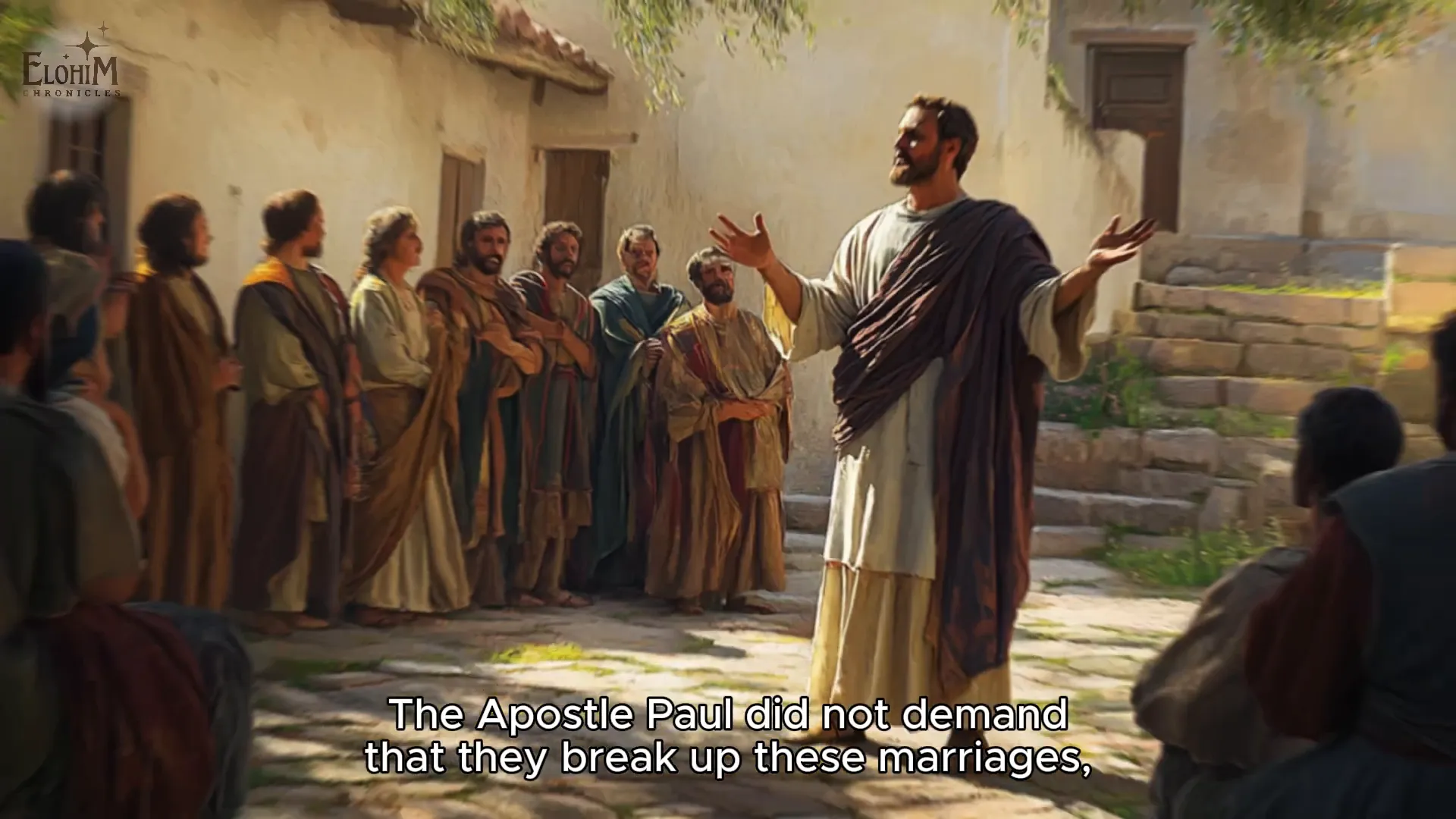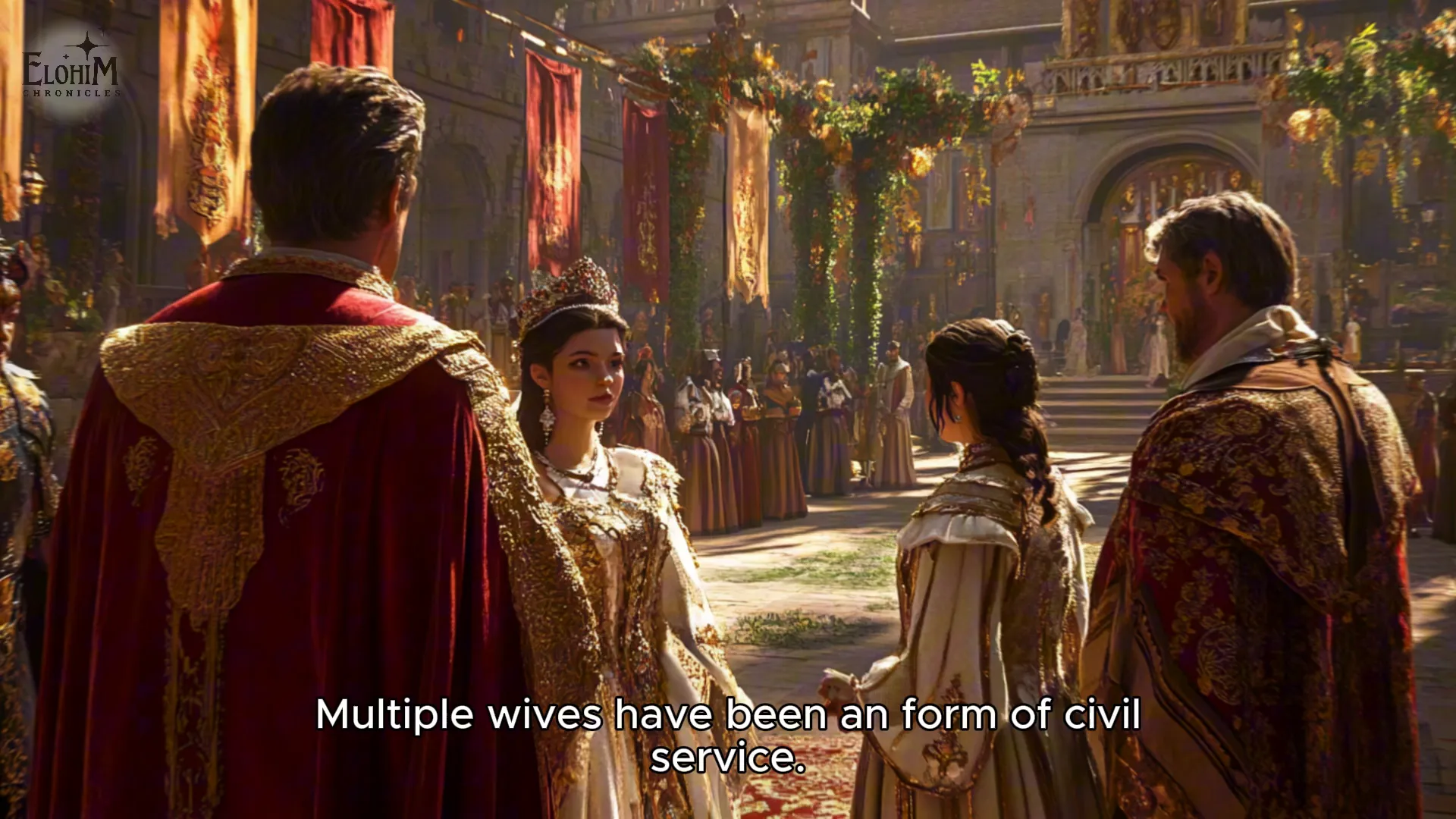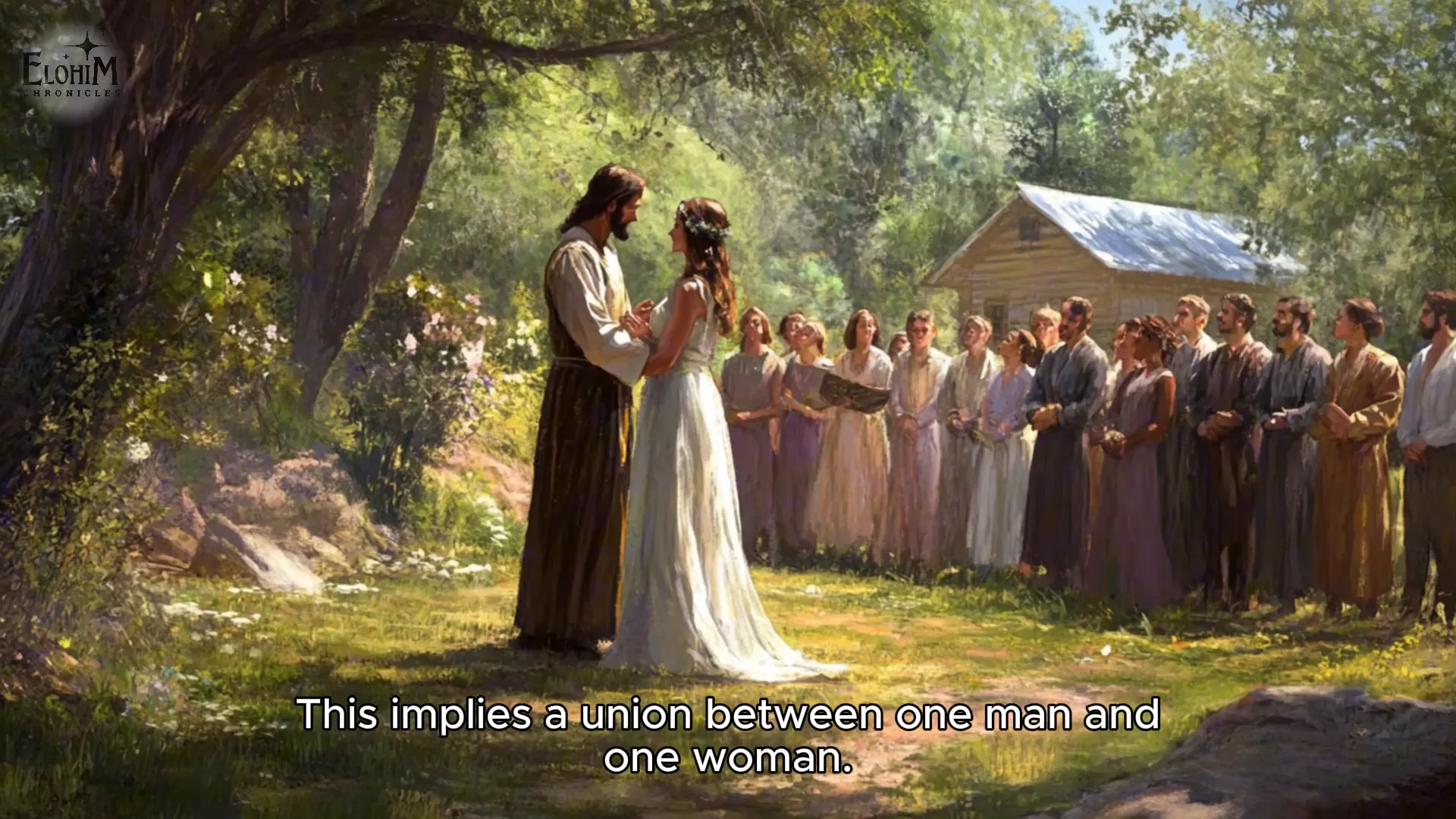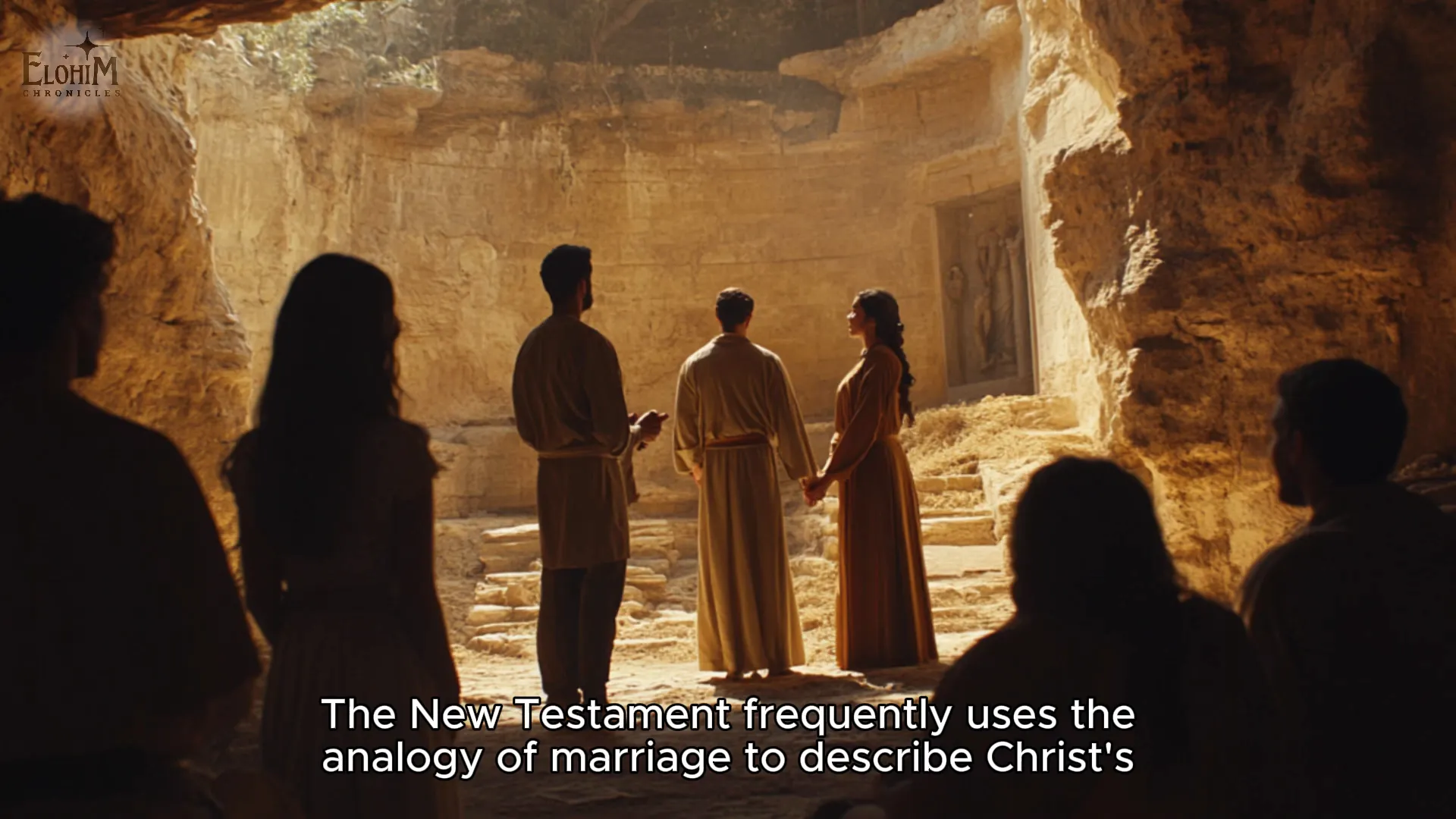Did God Approve Polygamy in the Bible? Unraveling the Mysteries of Biblical Marriage
The question of whether God approved polygamy in the Bible is both intriguing and complex. This blog delves into the historical, cultural, and spiritual contexts surrounding polygamy, exploring its implications and what it reveals about God’s design for marriage.
Introduction to Polygamy
Polygamy, the practice of having multiple spouses, has existed for centuries and continues to evoke debate among theologians and scholars. Understanding the historical context and cultural practices surrounding polygamy is essential to grasp its implications in biblical narratives. This section aims to shed light on what polygamy entails and its significance in biblical times.
Defining Polygamy
Polygamy is primarily defined as the practice of having more than one spouse at the same time. This typically involves one man being married to multiple wives. The complexity of this arrangement can lead to various social dynamics and challenges within families.
Many people often wonder why significant biblical figures like Jacob, David, and Solomon engaged in polygamous relationships, while others, such as Adam and Noah, adhered to monogamy. This discrepancy raises questions about the divine approval of such unions.
Biblical Examples of Polygamy
The Bible provides several instances of polygamous relationships. Jacob, for instance, had four wives who bore him twelve sons and one daughter. King David is noted for having at least eight wives, although he likely had more concubines. Lastly, Solomon is famously known for his 700 wives and 300 concubines, a fact that ultimately led him away from God.

God’s Ideal Standard for Marriage
Despite the existence of polygamy in biblical times, God’s ideal standard for marriage is evident in scripture. Genesis 2:18 and 24 states that a man shall leave his parents and be joined to his wife, emphasizing the unity between one man and one woman. This foundational principle is further reinforced by Jesus in Matthew 19:4-6, where He affirms that God’s intention was for marriage to be a lifelong union between one man and one woman.

Regulations on Polygamy in the Bible
While the Bible does not outright forbid polygamy, it does impose regulations that highlight its inferiority compared to monogamous relationships. For example, in Deuteronomy 17:17, God forbids kings from having multiple wives, indicating that such arrangements may lead to moral decline. In Leviticus 21:13-14, priests are instructed to have only one wife, thus reinforcing the principle of monogamy.
These regulations suggest that while polygamy was tolerated in certain contexts, it was never God’s ideal for marriage. Instead, it was seen as a concession to human imperfection and societal structures of the time.
The Role of Missionaries in Polygamous Societies
Throughout history, missionaries have encountered polygamous societies and faced unique challenges in promoting monogamous marriage. New converts often desired to honour God while navigating the complexities of their existing marital arrangements. Missionaries have had to address difficult questions: Should they encourage converts to choose one wife and abandon the others, risking destitution for those left behind?
The Apostle Paul’s teachings provide insight into how early Christians dealt with such situations. He did not instruct converts to dissolve their polygamous marriages but rather set guidelines for church leadership, emphasizing that those in polygamous unions could not serve in leadership roles.

This approach demonstrates a compassionate understanding of the realities faced by individuals in polygamous relationships, affirming their commitment to God while acknowledging their complex circumstances. The balance struck by early church leaders highlights the importance of grace and understanding in addressing difficult marital situations.
Historical Reasons for Polygamy
Polygamy has roots in various historical contexts, often driven by social, economic, and political factors. Understanding these reasons provides insight into why certain cultures embraced multiple marriages.
1. Political Alliances
One of the primary reasons for polygamous marriages was the establishment of political alliances. Kings and leaders often married multiple wives from different regions or tribes to secure peace treaties or strengthen their rule. These marriages were strategic, serving to unify factions and ensure loyalty.

2. Economic Stability
In agrarian societies, having multiple wives could enhance economic stability. Each wife could contribute to farming and household duties, thereby increasing productivity. Larger families could also ensure a more robust workforce to manage agricultural demands.
3. Population Replenishment
Historical events, such as wars or natural disasters, often led to significant population decline. In such cases, polygamy served as a means to rebuild communities. By allowing men to marry multiple women, societies could stabilize their populations more rapidly.

The New Testament’s View on Marriage
The New Testament presents a clear perspective on marriage, consistently advocating for monogamous relationships. While polygamy was a reality in the past, the teachings of Jesus and Paul emphasise a return to God’s ideal design.
Jesus’ Teachings on Marriage
In His teachings, Jesus reiterated the importance of the original marriage covenant established in Genesis. He stated that a man shall leave his parents and be joined to his wife, highlighting the unity between one man and one woman.

Paul’s Instructions on Marriage
The Apostle Paul further reinforced the monogamous model in his letters. He instructed that each man should have his own wife and each woman her own husband, underscoring the importance of exclusive marital relationships.
Key Teachings from Jesus and Paul
Both Jesus and Paul provided essential teachings that shape the Christian understanding of marriage.
1. The Union of One Man and One Woman
Jesus’ reference to Genesis establishes that the divine intention for marriage is a union between one man and one woman. This foundational truth is reflected throughout the New Testament.
2. Monogamous Leadership Standards
Paul’s qualifications for church leaders include the stipulation that an elder must be the husband of one wife. This requirement emphasizes the expectation of monogamous relationships within the church leadership.

3. The Analogy of Christ and the Church
The New Testament frequently uses marriage as an analogy for Christ’s relationship with the church, portraying it as a monogamous union. This imagery reinforces the significance of fidelity and commitment within marriage.
Conclusion: Monogamy as God’s Design
In conclusion, while polygamy was present in biblical times, it was never God’s ideal design for marriage. The scriptures emphasize monogamy as the standard, reflecting the intended relationship between God and His people.

FAQs About Polygamy in the Bible
This section aims to address common questions regarding polygamy in the Bible, providing clarity on this complex topic.
1. Did God approve polygamy in the Bible?
While polygamy is documented in the Bible, it is essential to understand that God’s ideal plan is monogamous. The instances of polygamy reflect cultural practices rather than divine endorsement.
2. Why did God not explicitly forbid polygamy?
God’s regulations on marriage highlight the imperfections of human society. Rather than outright forbidding polygamy, He provided guidelines to mitigate its potential harms.
3. How should Christians view polygamy today?
Modern Christians are called to uphold the biblical standard of monogamy. The teachings of Jesus and Paul provide a clear framework for understanding marriage in a contemporary context.
4. What about those who are already in polygamous marriages?
For individuals in polygamous marriages, the approach should be one of grace and understanding. While striving for God’s ideal, it is crucial to navigate these situations with compassion.



